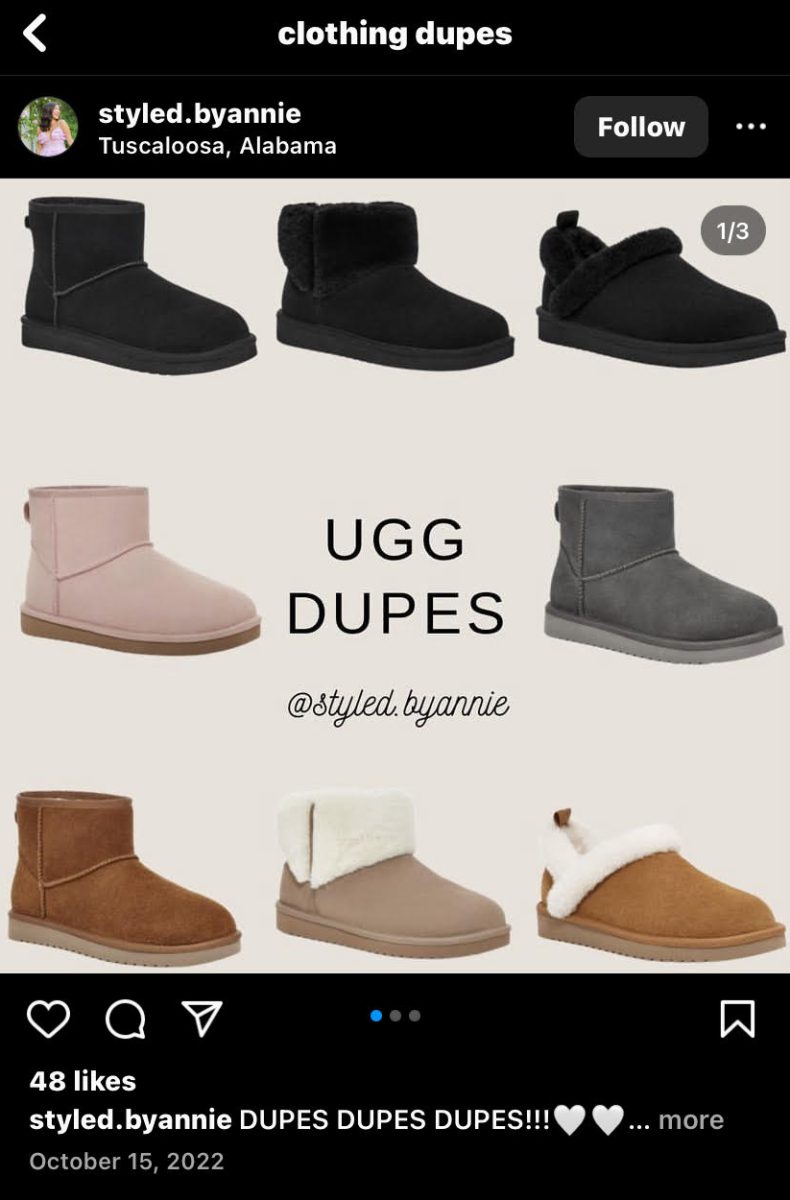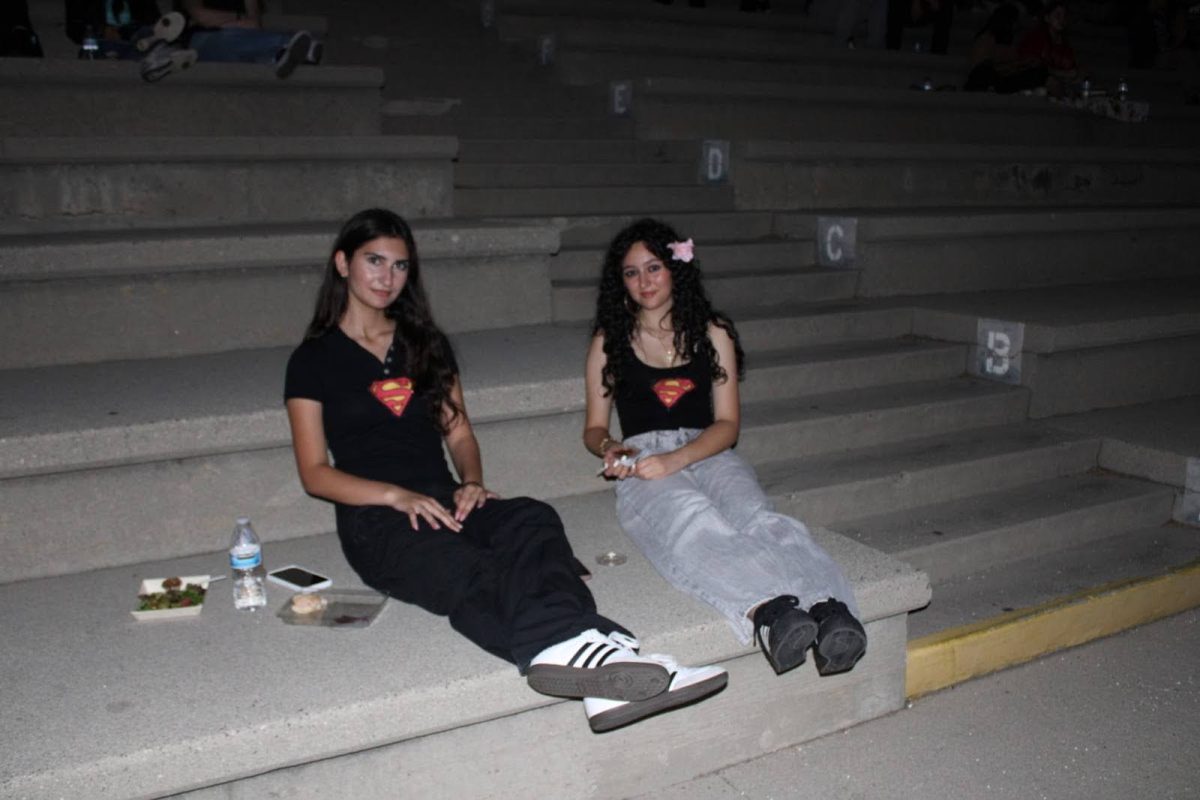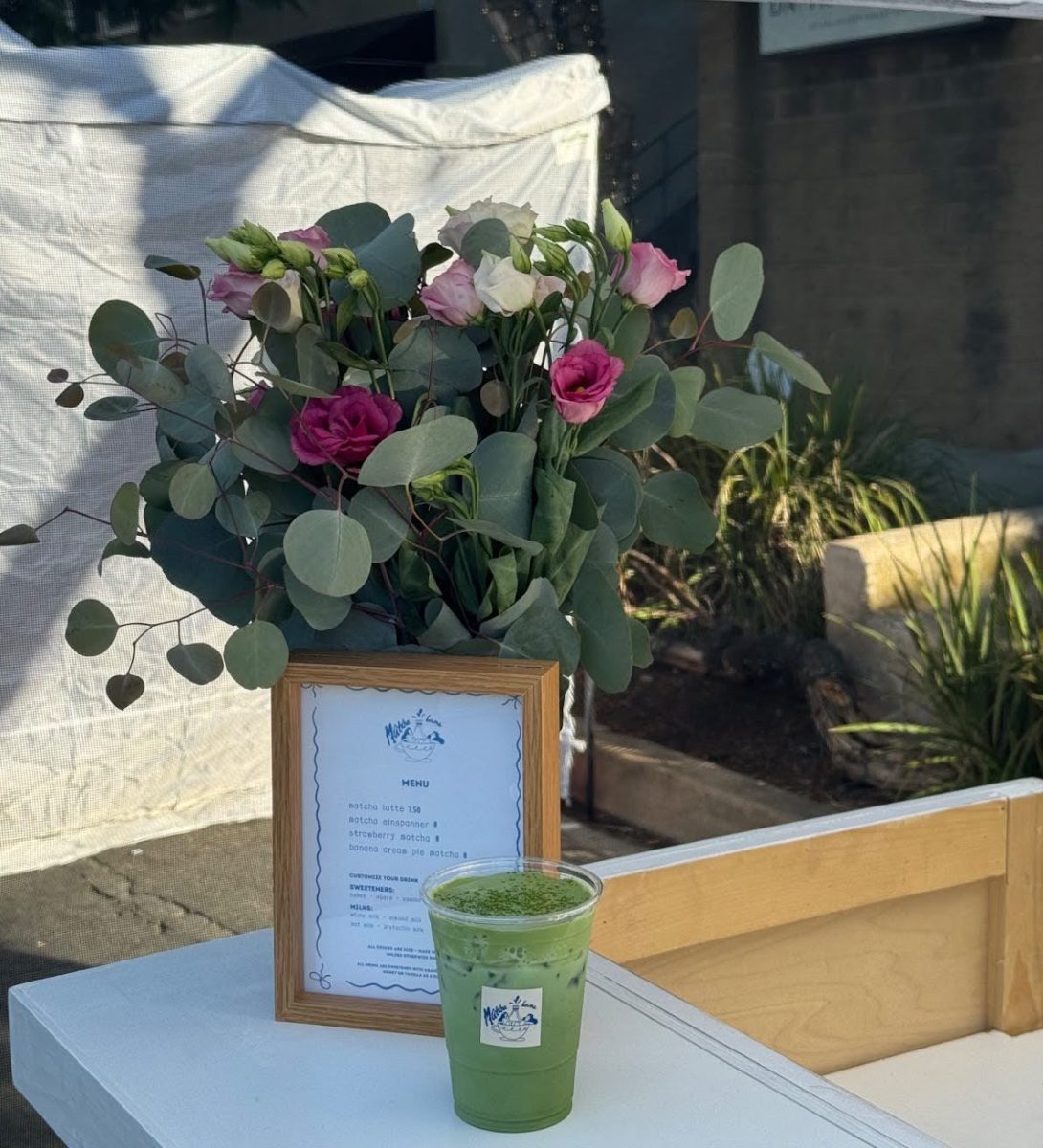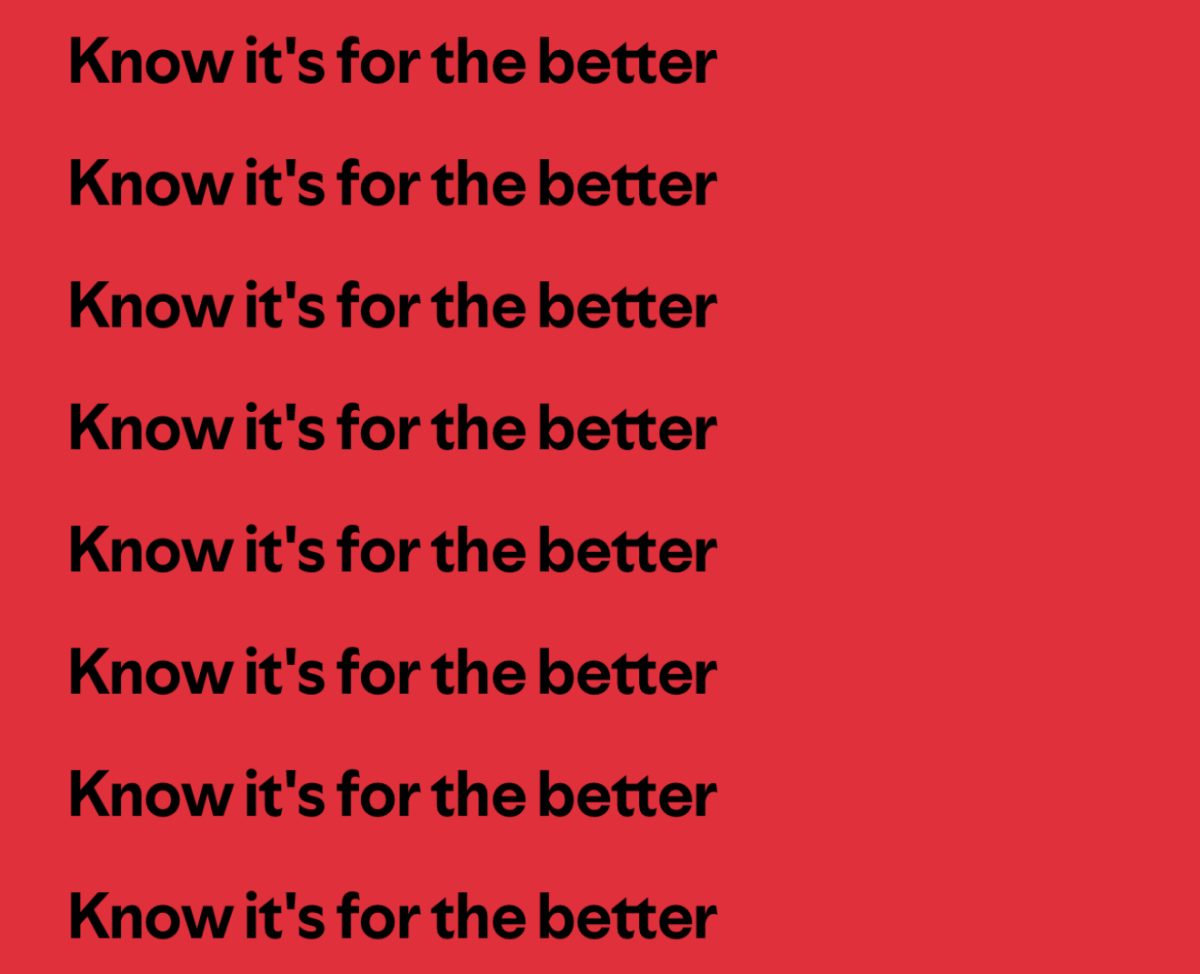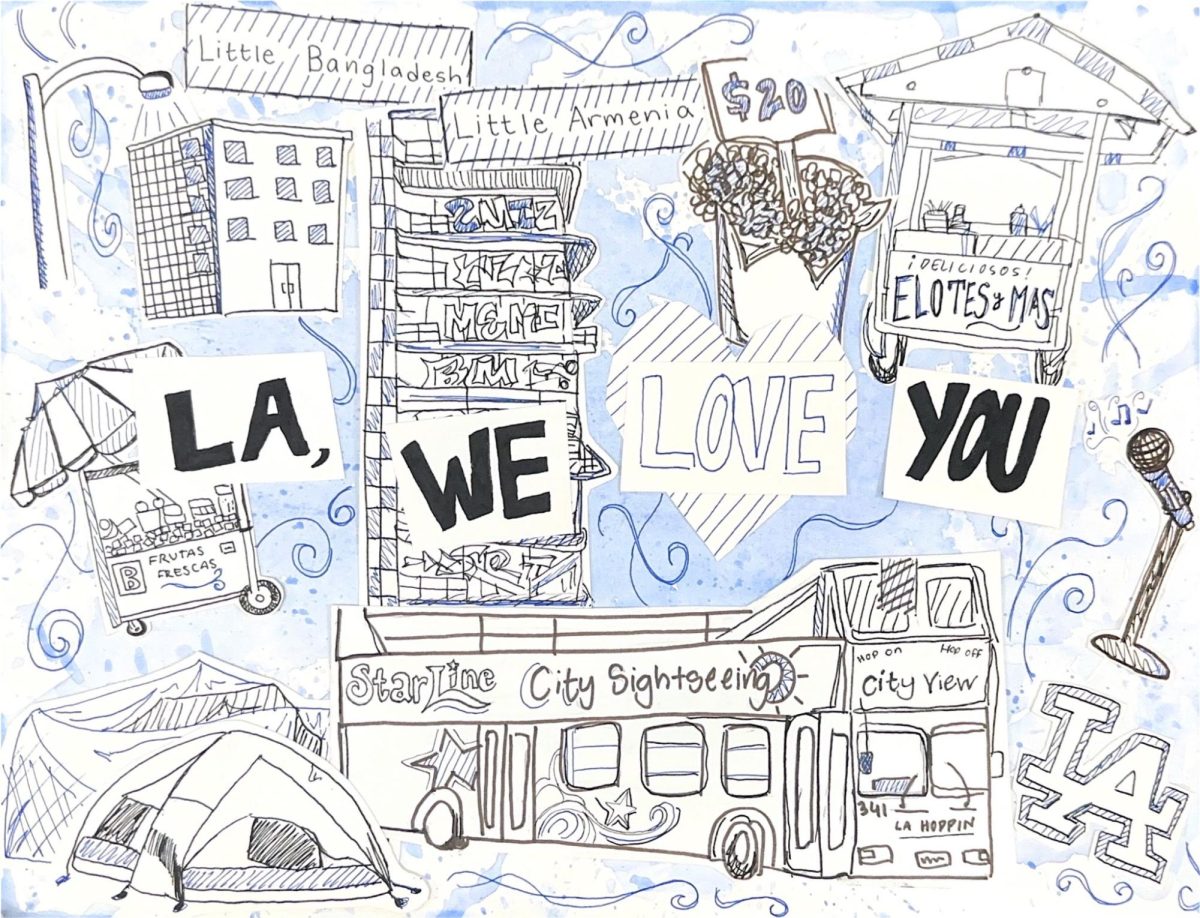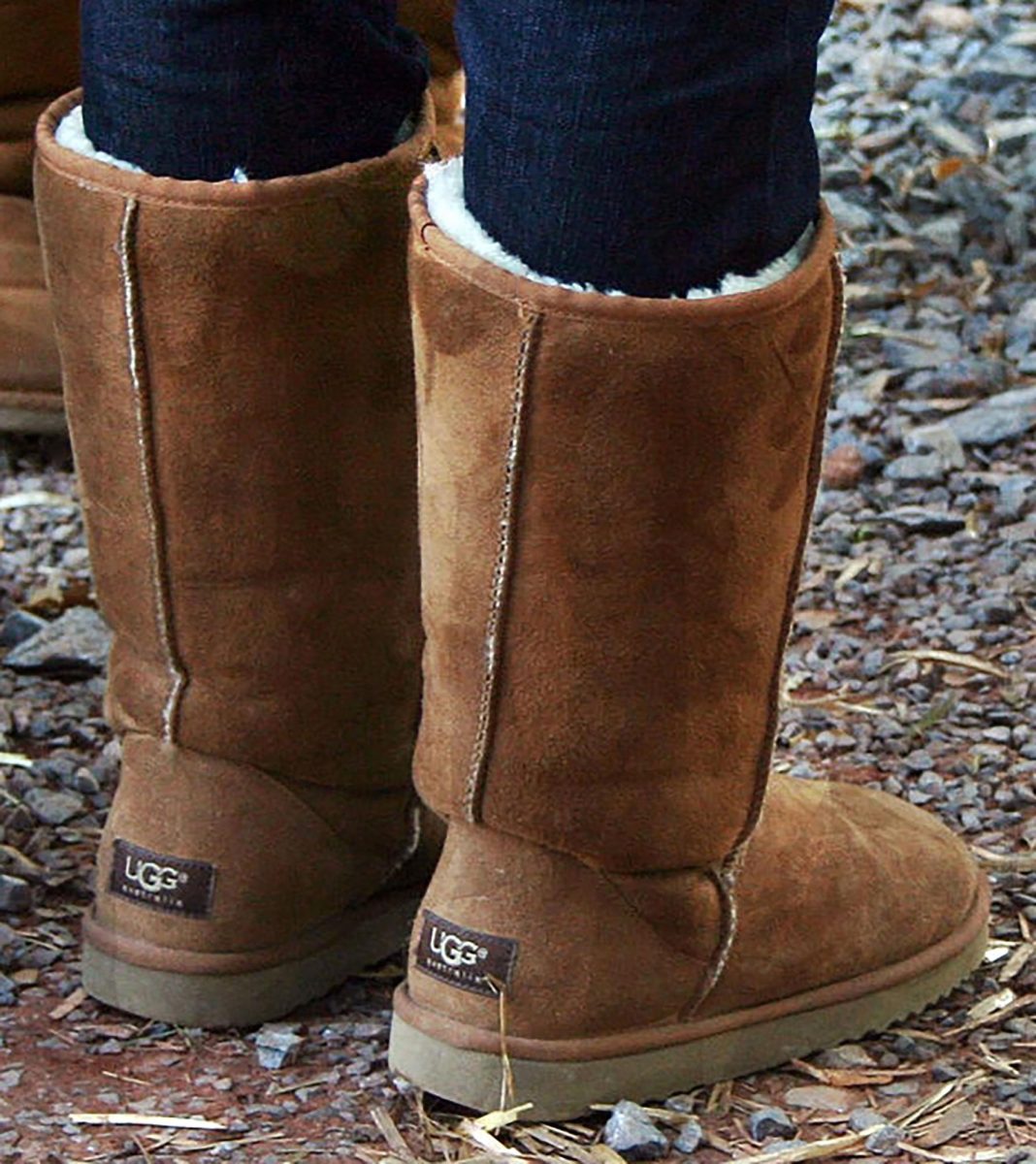Scroll through any social media platform for a few seconds and you’re bound to come across endless videos promoting dupes—products that are similar to an expensive name-brand product being sold for a lower price. Dupe culture as a whole is booming in popularity; #Dupe has been viewed over a billion times on both TikTok and Instagram. Influencers are proudly sharing their newest and cheapest “dupe finds” for the next “It” item and scrambling to be the first to do so.
Although wearing or using knockoff products has typically been ridiculed, the growing popularity of the dupe culture on Tiktok has changed the perspective and attitude towards the idea of dupes. Companies producing dupes are now being praised for their low prices which gives everyone the ability to access trending products regardless of budget.
Considering that the main users of TikTok are millennials and Gen-Z, it makes sense that they would be attracted to the idea of dupes as they are less likely to have the disposable income to buy high-end products. With new fashion trends springing up every season, it seems like a smart idea to turn to lower-priced alternatives, especially for teens who are limited in budget but want to keep up with the latest styles.
Dupe culture is more catered towards teens as a larger population of adults have the budget to purchase higher end bags, clothes, and other products. Although not a dupe, it is more economically sensible for teens to purchase a bag from a more affordable company like Kate Spade rather than shelling out hundreds of dollars of their parents money on bags from high end brands like Chanel or Gucci. For adults who have worked hard for years it makes sense to treat themselves to higher end items.
Some of the wildly popular dupes are in the makeup industry. Drugstore makeup brand e.l.f. cosmetics is a huge name when it comes to dupes. The high end Charlotte Tilbury Hollywood Flawless Filter foundation has been skyrocketing in popularity on Instagram and Tiktok for its smoothing finish on the skin. However, the foundation will run a consumer $49. This is where companies like e.l.f. come into play. The $14 Halo Glow Liquid foundation by e.l.f. has been talked about endlessly as the near perfect match that won’t break the bank.
Although, e.l.f. didn’t create the product with the intention of being a dupe for the Charlotte Tilbury product, the insane popularity it receives incentives companies who purposely create knockoffs to mass produce these, no matter the cost to the environment.
Beauty gurus, fashion enthusiasts, and other influencers are in a constant battle to be the first to find these alternatives, as they receive a plethora of attention and traffic to their page and the video.
The idea of buying alternatives may seem harmless and enticing on the surface, but there’s a reason that these clothing manufacturers want dupes to appear that way. These companies are churning out new dupes almost daily, which continuously contributes to the fast fashion problem. Textile production is one of the huge contributors to climate change with nearly 85% of all textiles ending up in dumps each year.
Most of these companies pay their workers next to nothing for dangerously long work days. The dupe industry is like a stab in the back to the creators in original brands who pride themselves on producing products made with high quality materials.
Oftentimes designers and companies will put years of work into developing quality products only for social media users to celebrate and promote fashion plagiarism. Not only is fast fashion the problem, but there’s a fine line between copying a product and being inspired by a product. Fast fashion companies like Shein, AliExpress, and Boohoo are infamous for being popular sources for dupes.
Ultimately, the trend of buying and promoting dupes may seem harmless on the surface, but issues like fast fashion and rampant plagiarism are ignored and even encouraged because of this new wave in social media culture.



